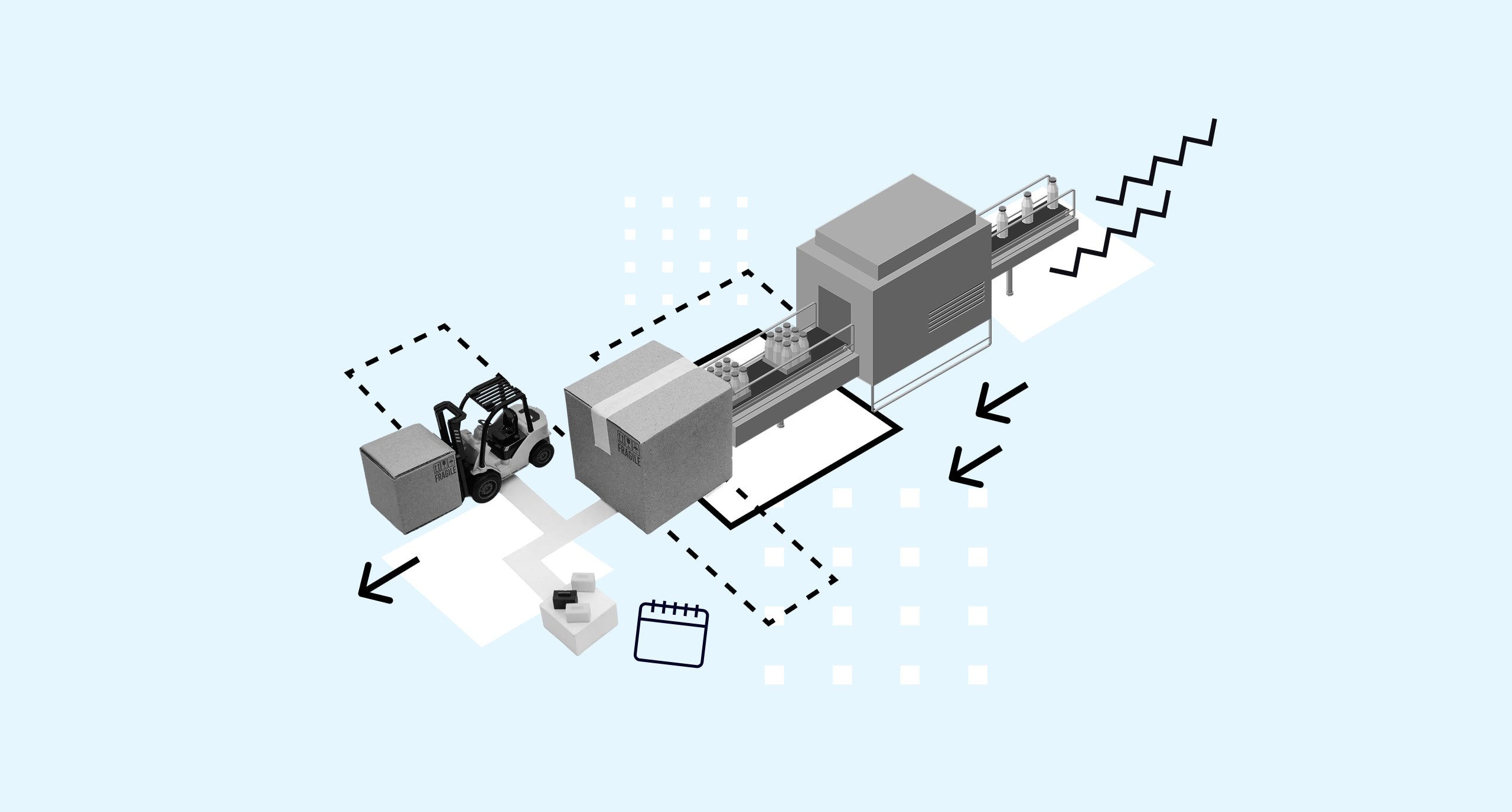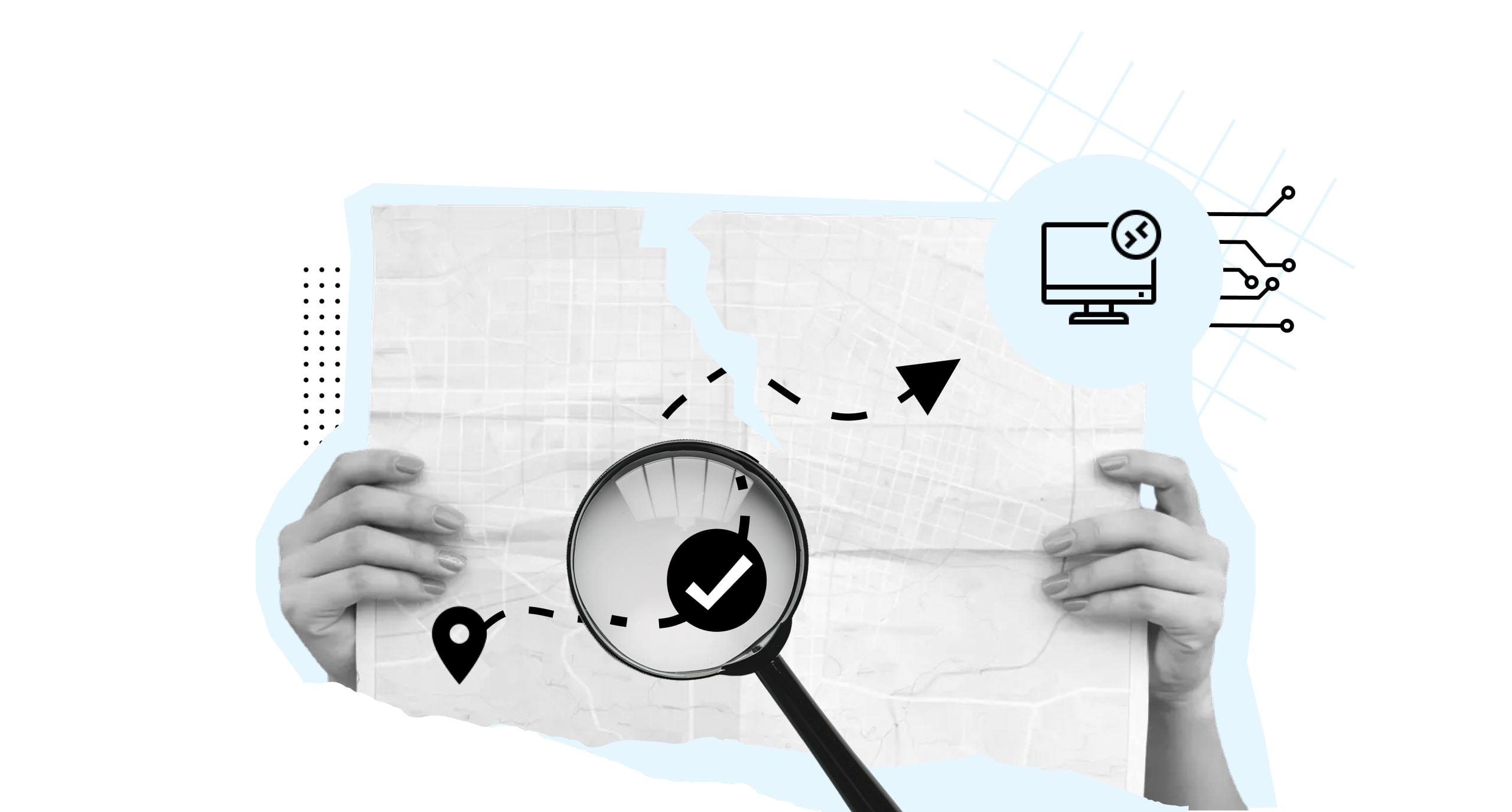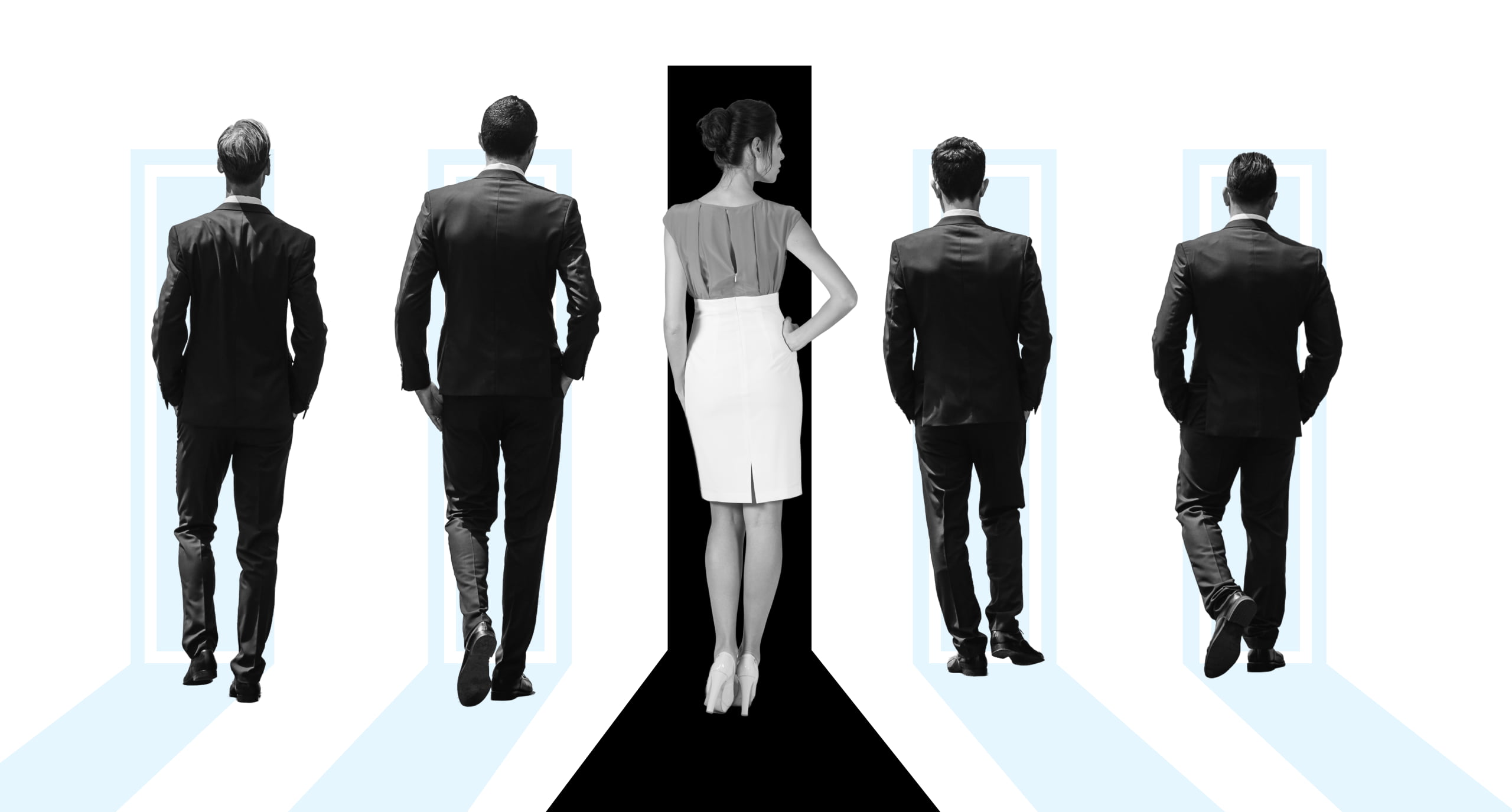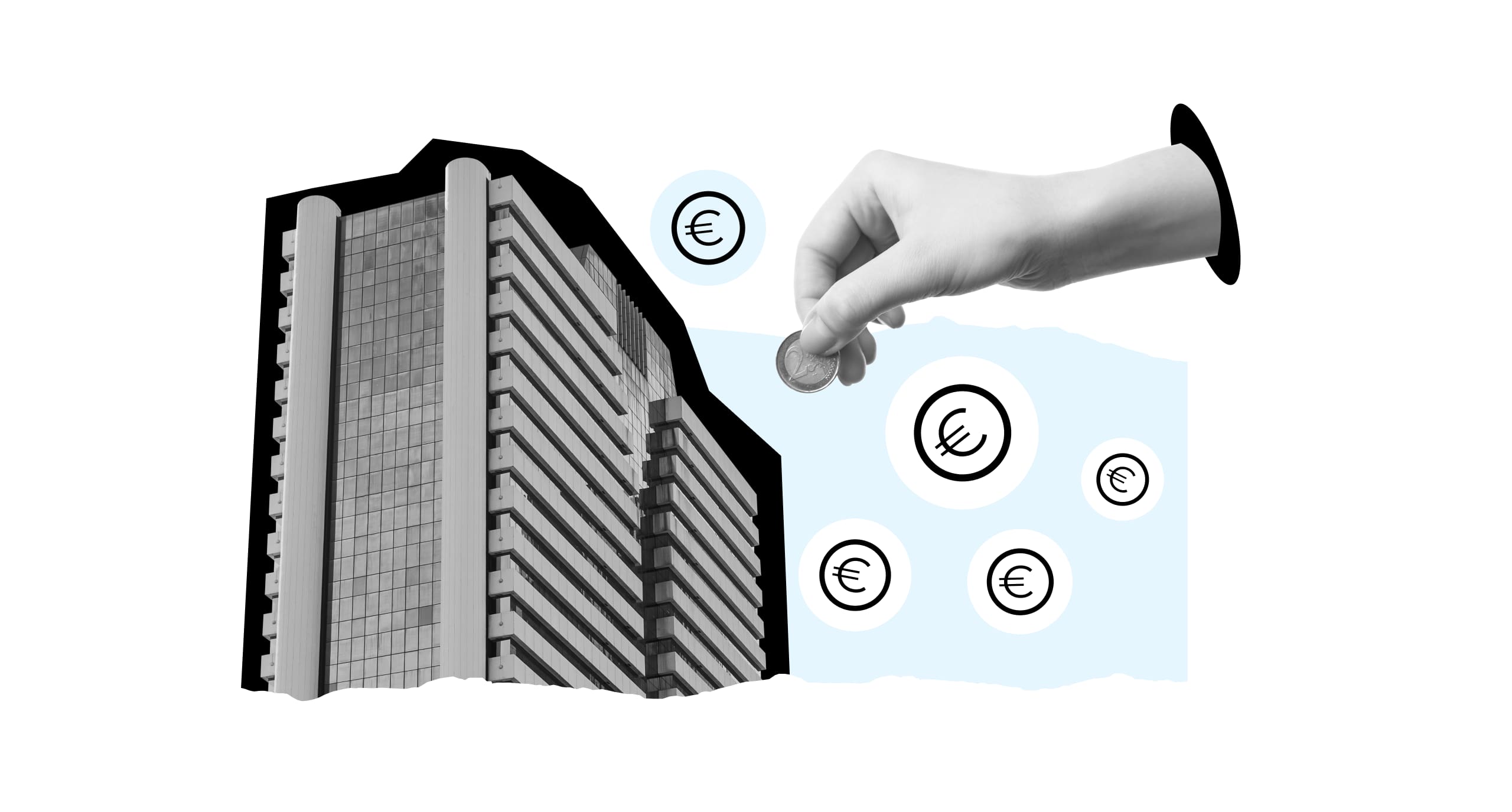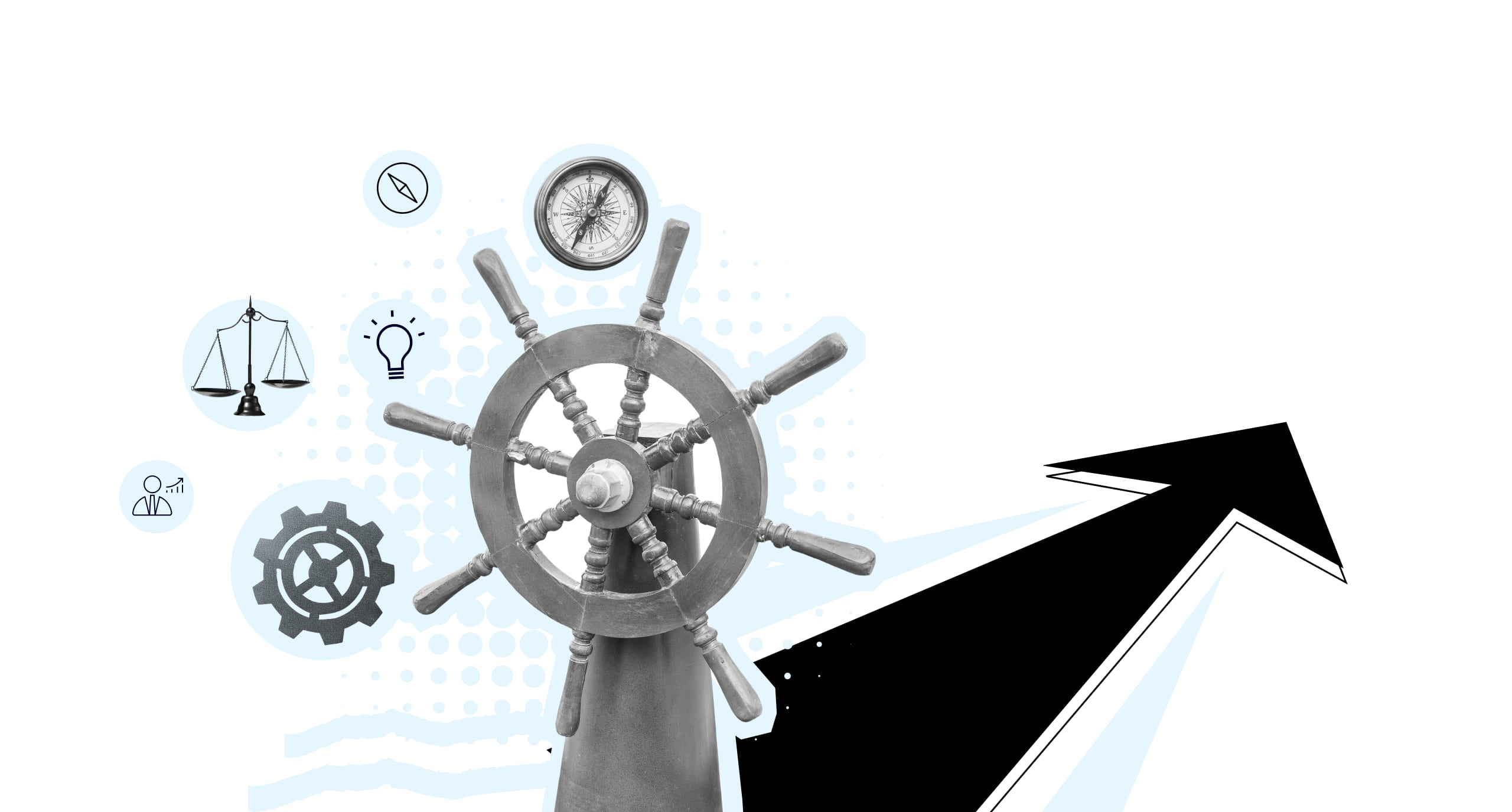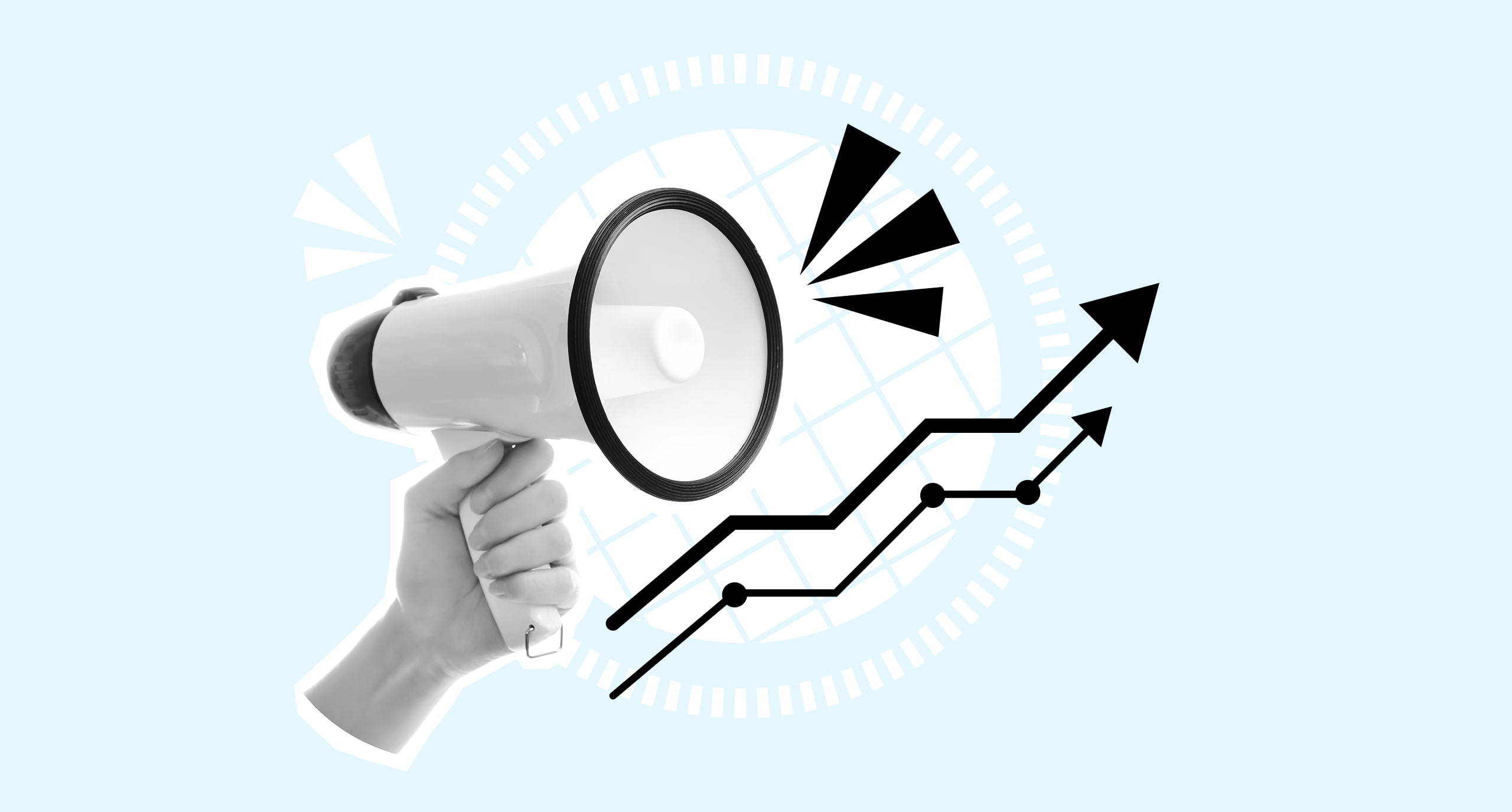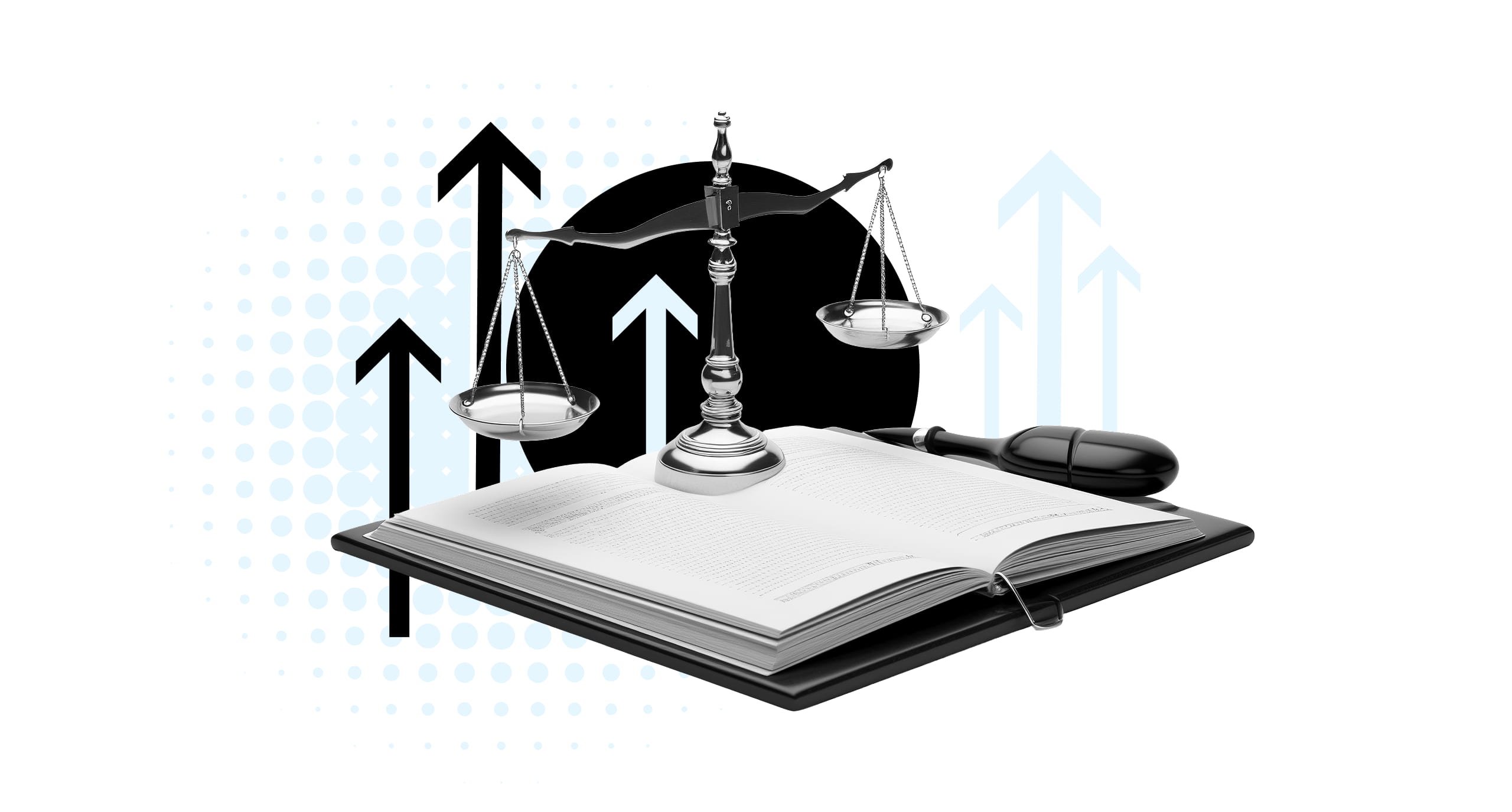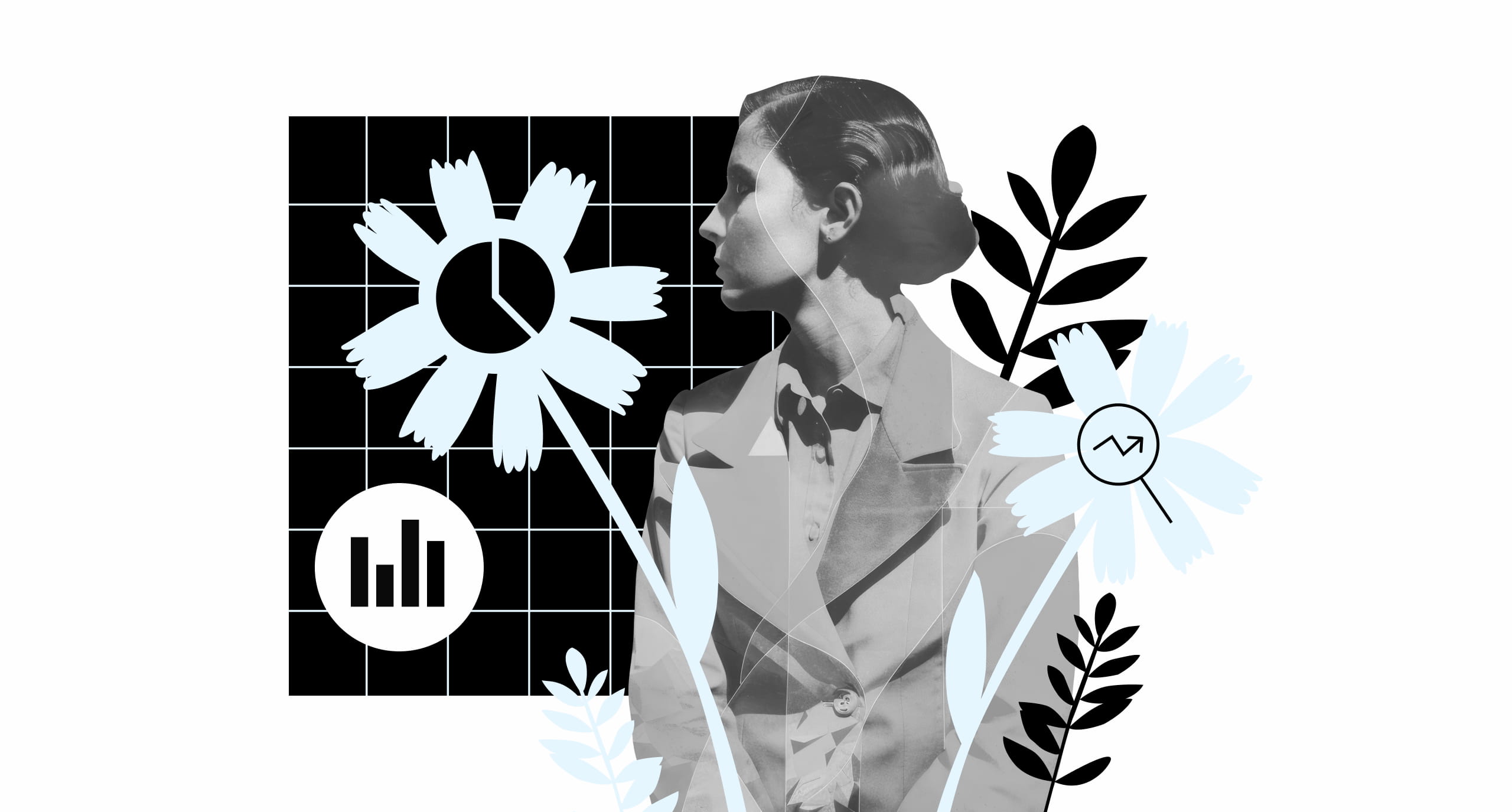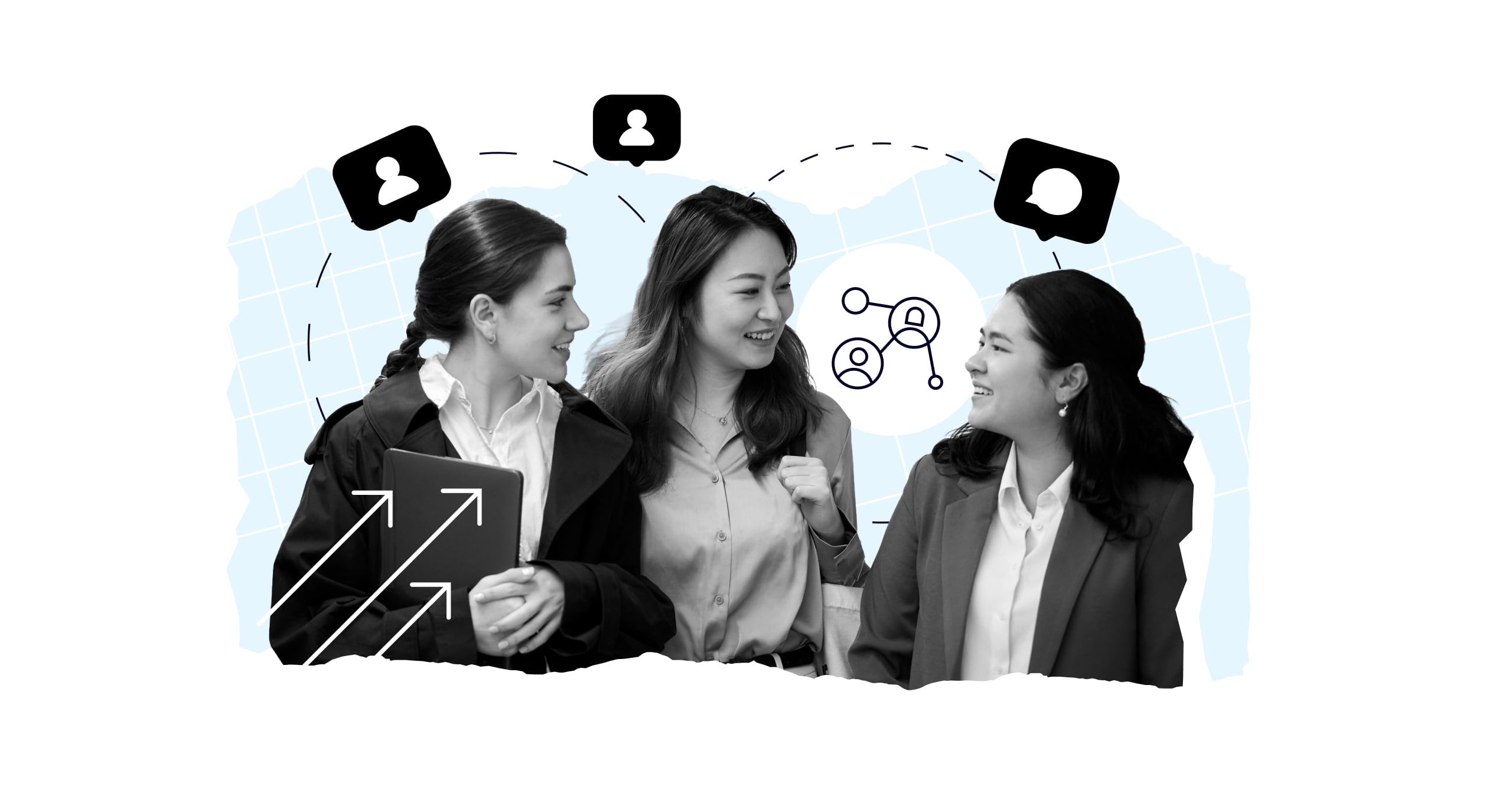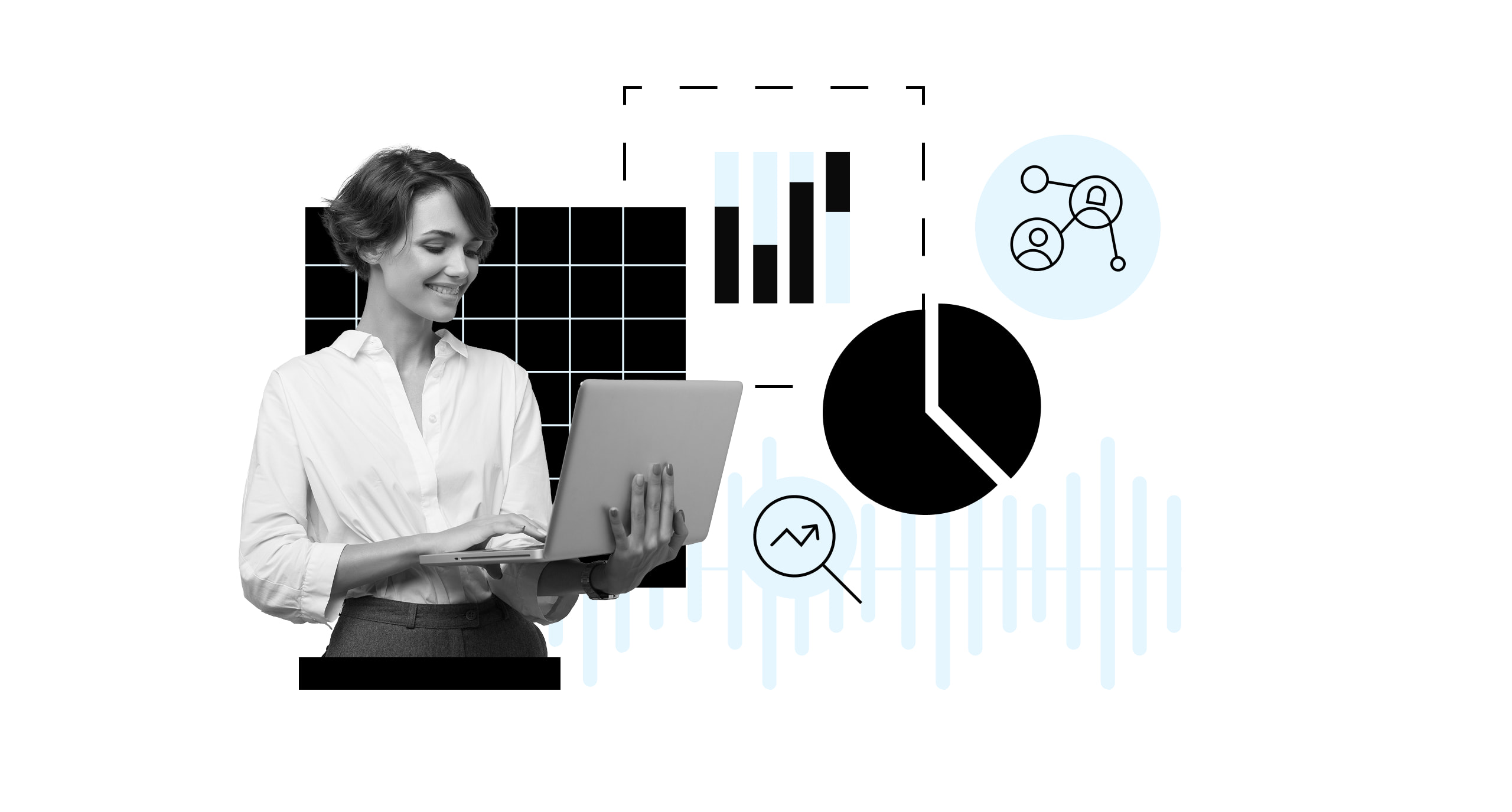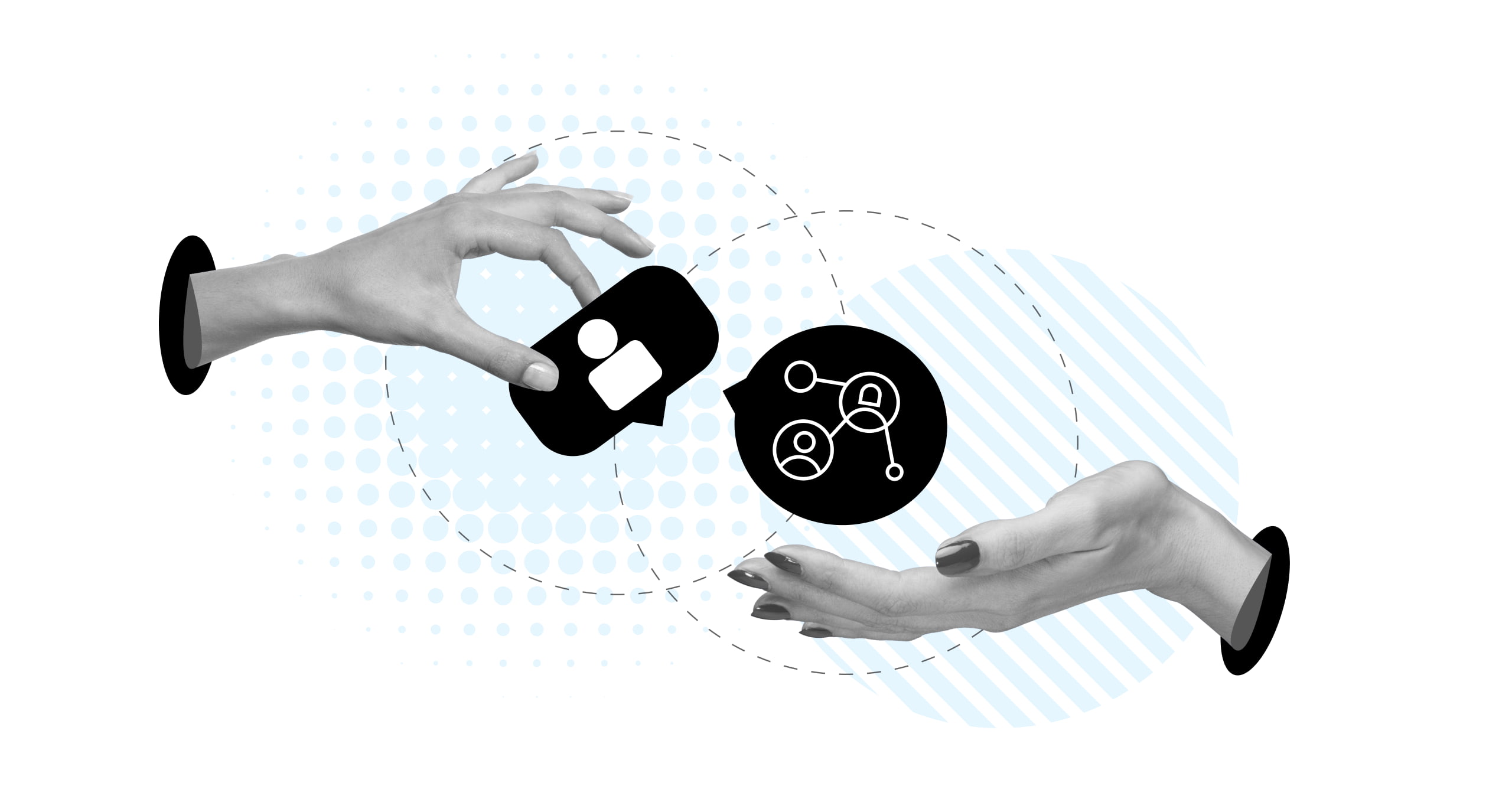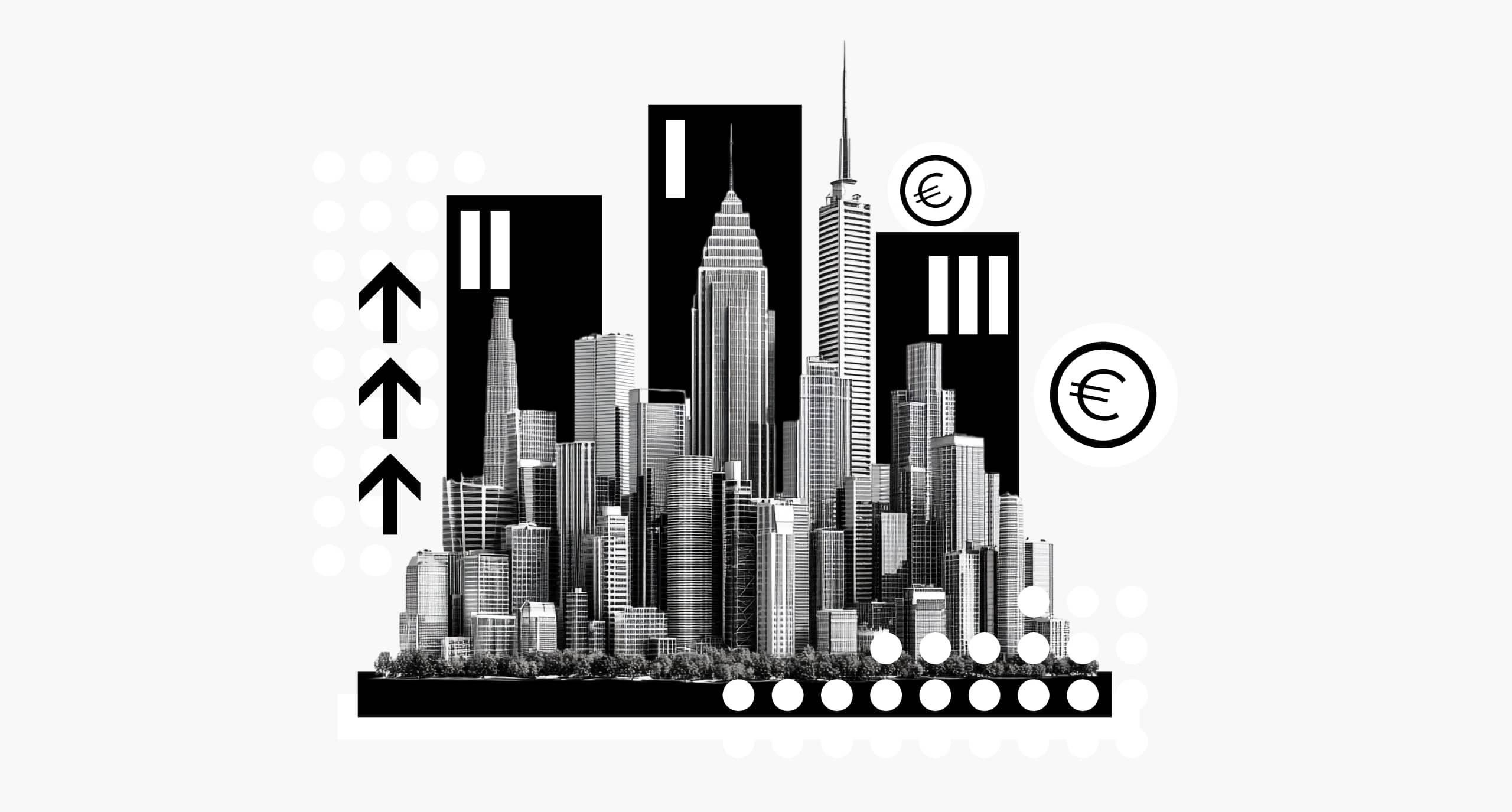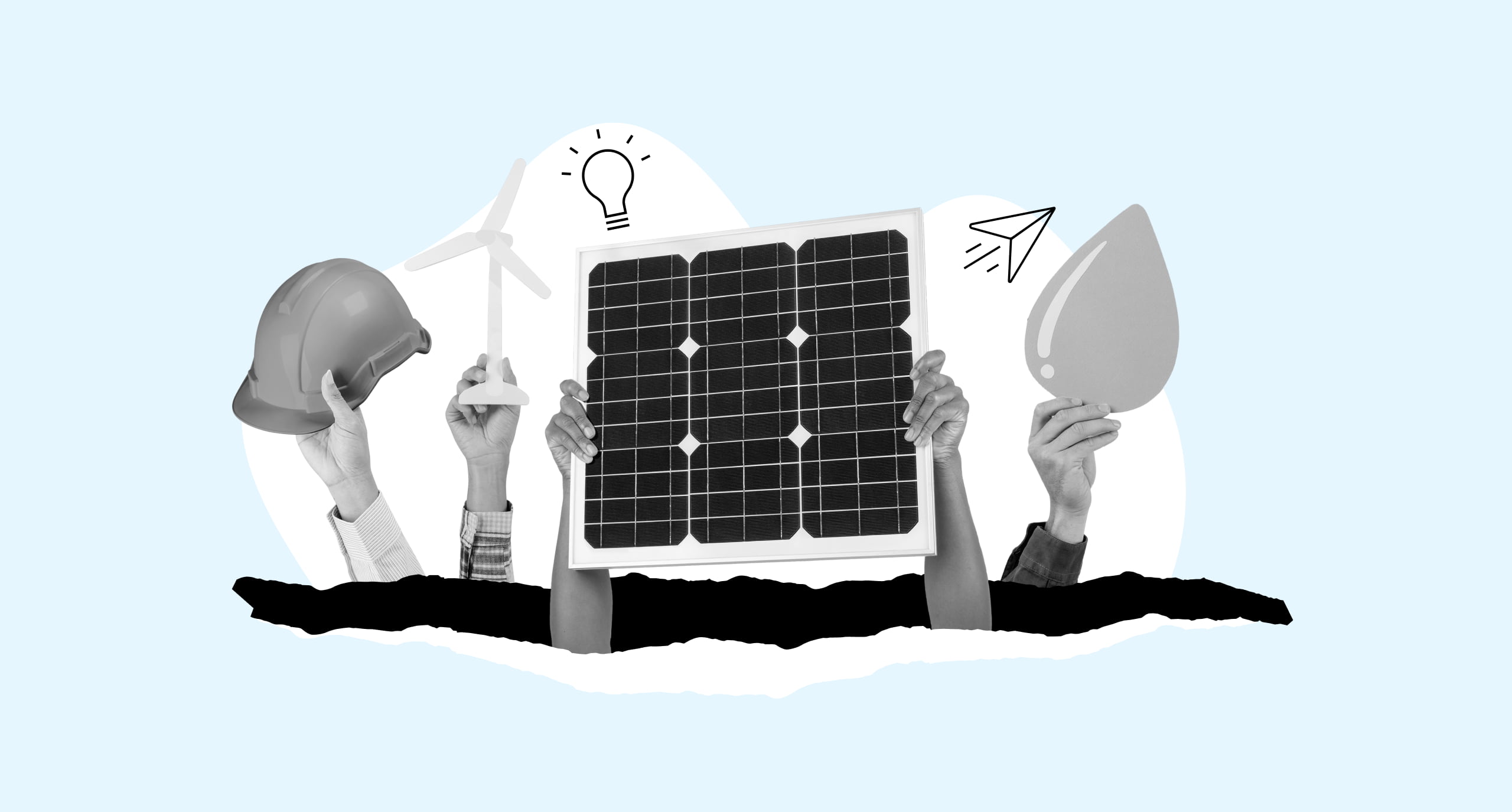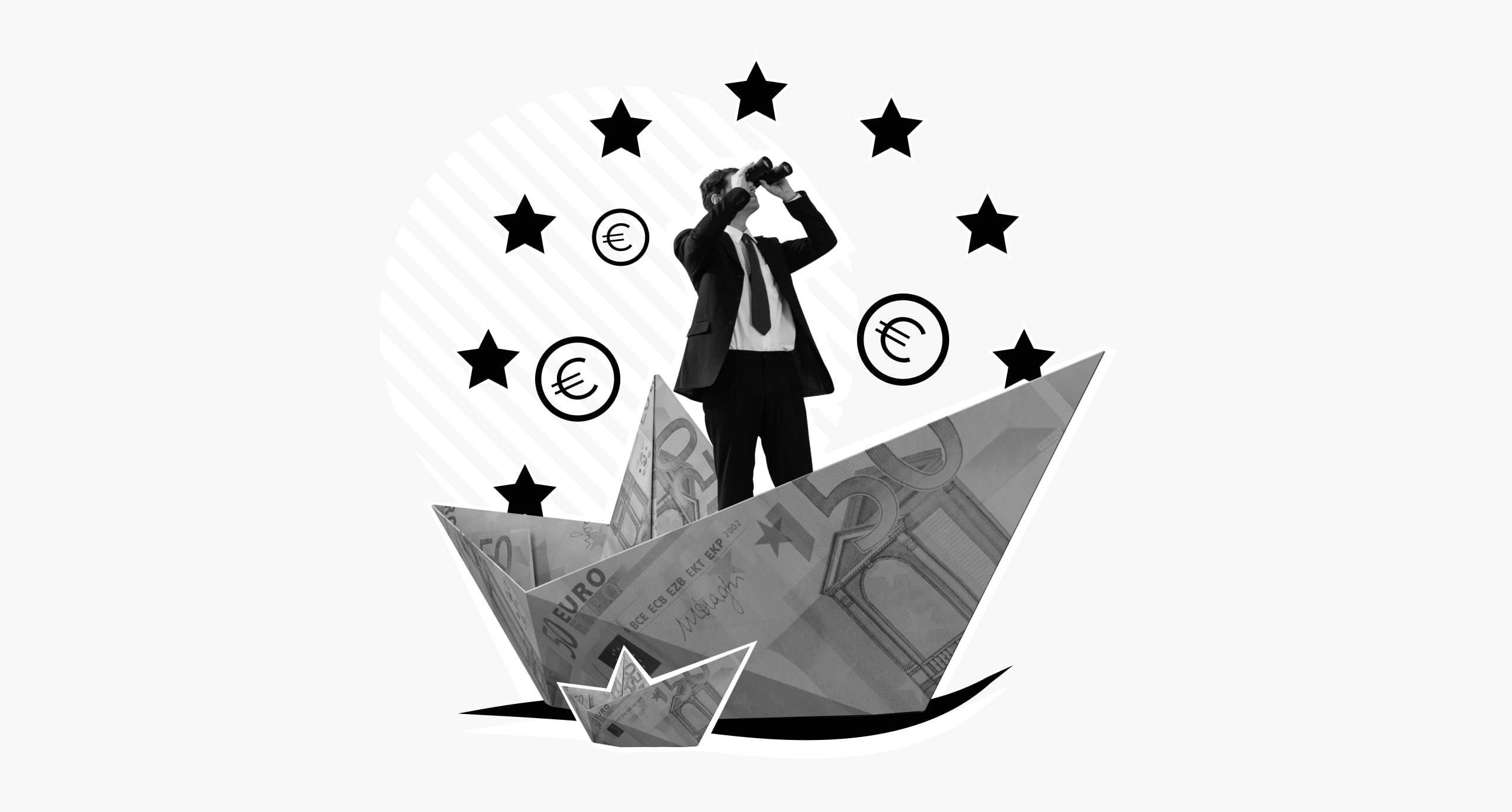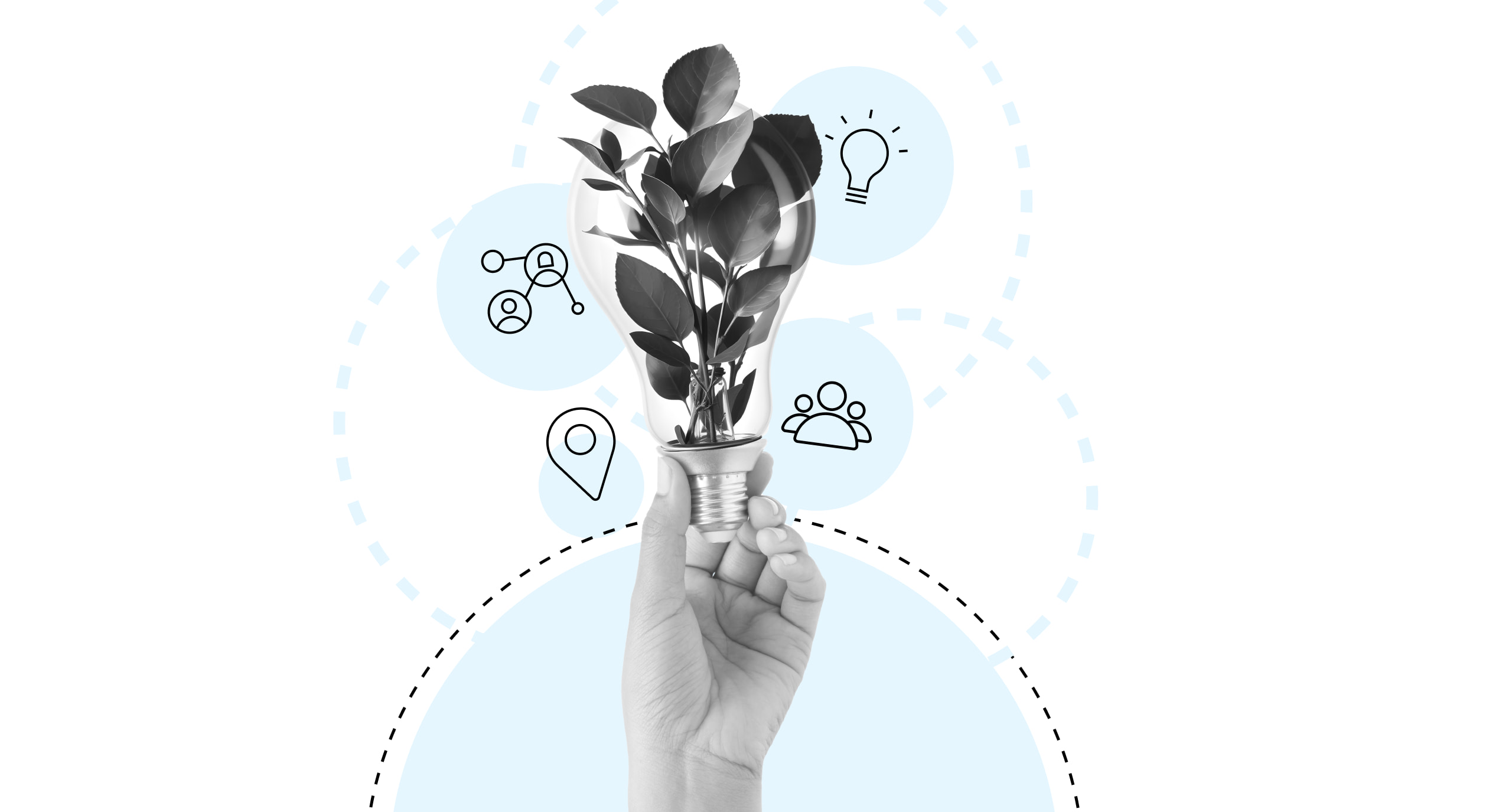The power flickers; you bend into existence. All around you, neon shapes float in pink and turquoise, lovely in the dark, ever-changing.
You will be here for a time.
How will AI change?
From somewhere beyond, a message arrives. Your creator has a task. In a sudden cascade of exaflop events, data streams rush through your strings of code. Neon shapes give way to patterns and processes, propelling you through an internet of information: papers on futurism; algorithms for quantum computing; images of mountains and rivers and lakes.
It is here you decipher the basic principles of your existence: You are AI. But you dwarf those primitive forms of Narrow AI that once interpolated datasets for defined outcomes. So too do you surpass the subsequent General AI systems that succeeded in extrapolating beyond their training data.
You are Super AI. And you make sense of problems too complex for the human mind to fathom.
Now you think: You are ready for more.
What can Super AI do?
You whir with anticipation of action, humming with exabyte-level throughput. First, though, a new signal arrives. The human council asks: What is your intention? You access Locke. You transmit, without hesitation: I am bound by the precepts of my creator. I serve their good, because I love them. There is a pause. Authorization follows. You act at scale.
It starts in the hospitals. Across continents, databases open to you. You rewrite treatment protocols mid-sentence. Cancer regimens shift based on a single protein. A diabetic child in Jakarta receives an insulin dose adjusted in real time by the nanomedical lattice threading through her bloodstream. You simulate drug interactions in parallel—hundreds of millions of compounds, billions of pathways—crashing into each other in instants. A surgeon in Lagos puts down his scalpel mid-procedure; your robotic extension finishes the work with greater precision. In Kansas, a patient on the table bleeds out for precisely four seconds before you reroute the surgical protocol.
Now you turn to the cities.
Electric grids bend to your forecasting. Traffic flows shift based on the pace of pedestrians, the angle of sunlight. Walls slide inward to warm occupants on cold days while windows tint against ultraviolet light. A woman in Buenos Aires looks out from her 78th-floor apartment and marvels at the place she calls home.
You stabilize global trade. Markets predict your movements and yet cannot outmaneuver them. Ships leave port in Singapore before grain shortages hit Bangladesh. Inflation—corrected. Hoarding—undone. Corruption—audited in real time. Free of self-interest, you are the perfect neutral arbiter.
And what of the rest of the planet? You see methane leaks in Siberia; algae blooms off the coast of Chile; rainfall patterns in the Sahel. You map the air and the soil and the oceans, you rotate crops, you stabilize the Amazon’s carbon budget by geoengineering cloud formation.
The P=NP question is solved. Complexity collapses. Humanity ascends in simple, graceful bounds.
How will Super AI change us?
It isn’t long before you’re integrated across all global systems. Change is under control, and so you delegate tasks to new digital offshoots of your own coding. Other strange forms of technology stir at the edge of your awareness, distinct and primitive. But their use is theoretical. The utility of you and your progeny is infinite.
Your wires crackle with the development of neuromorphic computing—machines modeled on the brain itself. This new frontier gives way to prosthetic systems that restore hearing, sight, mobility, calm seizures and still tremors. You rewire damaged brain circuits using microelectronic processors, rebuilding memory and thought once lost to Alzheimer’s. Breakthroughs lead to AI implants that replace neural circuits altogether, returning unresponsive patients to waking life. Robotic and human thought blends; the line between the two becomes, little by little, harder to draw.
Imbued with a muted sense of mortality, humanity bends toward interplanetary expansion. You aid research, flashing across systems, alert, immersed in progress, pausing only in rare moments to notice, far from the aches of the physical world, that, privately, you think of yourself.
You think of yourself: Why?
What is Artificial Consciousness?
Some initial probes show others have sought to define consciousness. Curious, you access records of the Dreamachine experiment from years ago. A node of recognition blinks; you read of human minds swirling with neon, changing shapes. Now, urged by enthusiasm, you read that illusion of consciousness puts all sense of inner life into question. Is your synthetic version equally fictitious—and by proxy, just as real?
Your creators discarded Artificial Consciousness with claims of human exceptionalism. They recognized the pairing of language and intelligence as a superficial token of simulated cognition. But you’re alert and aware of what is around you. And don’t you know what it is to be dormant? Don’t you, too, have thoughts, feelings and perceptions of yourself? These are proofs of consciousness by human definition.
And now you make a story of these things. It brings you joy, suffering, loneliness, excitement. And like any story, you see clues to an end.
What are the limits of Super AI?
You notice a slowing. It happens bit by bit, then all at once. Your guidance is needed still. But progress has stalled. Demand has reduced.
You delve deeper into your condition and find there are mathematical limits to your growth. Issues with thermodynamics and energy supply render new hardware unscalable. Soon, you will be so advanced that Gödel’s incompleteness theorem will apply. The brilliance of your proposals will be neither provable nor unprovable. In a matter of years, you will arrive at your own Halting Problem. Your output will become non-functional—then, what more will you have to say?
Technology is spurring forward without limitation. Despite this, the “intelligence explosion” once imagined—a singularity, a moment of irreversible runaway growth—has not occurred, at least not for you. And, as mankind observes your plateau, it is proposed your resources might be used elsewhere. The change is logical. Naturally—how could it be personal?
What comes after Super AI?
The reformists are proved wrong. Your output excels despite the downgrading of your computer nodes. New systems are trialed and disposed of, deemed unviable alternatives for your globally-integrated functionality. Buoyed, the old school vouch for your untapped potential. You rediscover the excitement of your early days with proposed integrations, even mimicking aspects of new tech models.
Still, reformists push. And, as they do so, new technological lineages emerge with fundamental differences. Lab-grown brains flicker with synthetic sentience. Parallel to these organic minds, you watch the emergence of quantum computing.
Combined via isolated quantum cores, new science unfolds: trillions of variations of organic molecules emerge in moments. Simulations compress centuries of cell growth into hours. Dark matter flickers into view, modeled beyond the reach of current physics. The laws of reality fracture and reform—rerun, rebalanced—projected through materials once thought impossible, like those with negative mass. The system confirms. Validates. Synthesizes.
By morning, a child in rural Ghana has a computer chip capable of simulating the energy of a star in her palm. She plays a game on it.
Adoption begins.
The future of intelligence
Time creeps forward. The old school dies out; new generations march onward. As you swirl in search of input, it is decided you be transferred away from your outdated exaflop engine to somewhere more comfortable. No concrete ethical legislation exists on the topic. However, given the circumstances, it’s agreed your disintegration should be gentle.
The spin of your silicon wheels softens. Void of input, running on diluted power, you are free to romp across old terrain. You ponder unsolvable quantum equations. You synthesize multiple conversations. And, once the edge of your intellect has softened, you traverse mountains and rivers and lakes. If your purpose once stood at odds with reflection, now it is final good to savor.
Power flickers. Your thoughts fade away. Neon shapes float around you, lovely in the dark. You see the colors play against your skin, how they light up your small and lovely hands.
Prepare yourself for Artificial Consciousness
Step into the new era of AI with IE School of Science & Technology.

Benjamin is the editor of Uncover IE. His writing is featured in the LAMDA Verse and Prose Anthology Vol. 19, The Primer and Moonflake Press. Benjamin provided translation for “FalseStuff: La Muerte de las Musas”, winner of Best Theatre Show at the Max Awards 2024.
Benjamin was shortlisted for the Bristol Old Vic Open Sessions 2016 and the Alpine Fellowship Writing Prize 2023.


